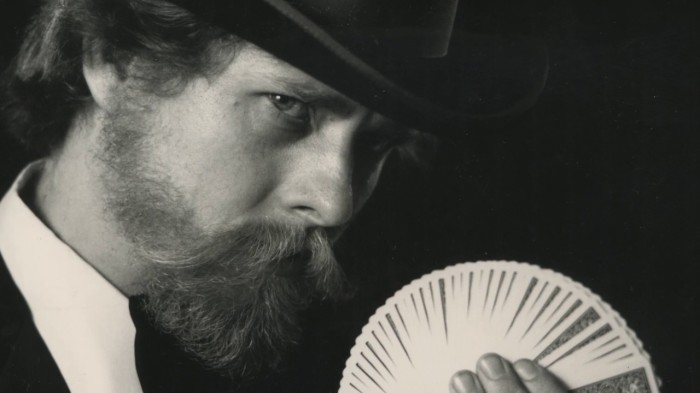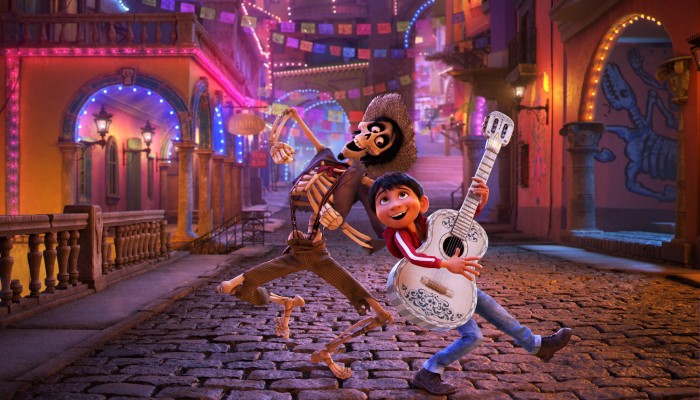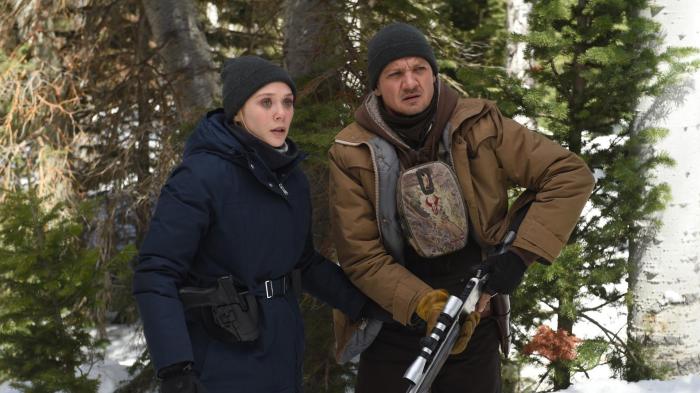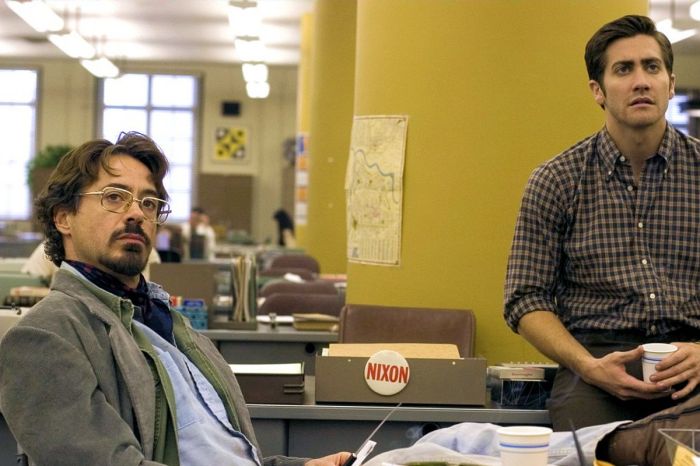It’s a relatively new week, and it’s a week in which we’re pioneering new screen-based lands here at Tuesdays with Cory: in particular, reality television. A number of you have probably heard about the farcical Netflix phenomenon that is Love is Blind, be it from Netflix’s own in-app marketing or friends telling you that you just have to watch it. In my case, it was a little bit of Column A and a little bit of Column B, and so my girlfriend and I were able to knock it out in what I believe was two solid binge sessions. Weighing in at 11 episodes (including the reunion), Love is Blind is a lightweight but thus far commercially successful show centered around a social experiment of sorts that asks the simple question that is also the title of this post; it’s also a question that hosts Nick and Vanessa Lachey ask a maddening number of times in spite of their presence in the proceedings being fairly low by reality television standards (seriously, Vanessa, you don’t need to continue asking the question so pointedly in Episode 8, we’ve come this far and we know what the show is about).

Here they are: the pods, complete with chenille blankets and a seemingly limitless supply of dating booze.
As many reality competition shows are, Love is Blind is packed with a cast of hot caricatures of people – there are 10 women and 10 men to start with, all of them with one-word career descriptions ranging from engineer to scientist to “business owner” (a lot of these monikers are extremely vague), but what apparently unites them all is that in spite of what’s largely scalding hotness, they’ve been so unable to find love that they’re willing to turn to a reality show that offers marriage as the prize instead of the usual financial recompense. The foundation of these lifelong bonds is purportedly supposed to be free of both outside influence (in particular the show seems to make frequent and pointed mention of “social media” as the boogeyman of the modern relationship) and actual visual contact, with the contestants initially going through a series of dates with one another in pods that allow a shared wall for conversation but no looky-loos. This initial 10 days is supposed to end with a number of men proposing to women who they feel confident could be their soulmates, and so a number of them do, leaving almost half of the original contingent as a seemingly failed portion of the experiment while they the chosen ones are whisked away on the show’s dime to a pre-marriage honeymoon in Mexico. From here, and leading up to the weddings themselves (which take place a month in), you can imagine that a lot of juicy stuff manages to happen.

Shoutout to Taylor, who is the show’s only virgin, but whose storyline is quickly abandoned in favor of…not that.
Make no mistake, Love is Blind at times goes out of its way to fly in the face of its own premise, and this isn’t just limited to the fact that seemingly everyone involved is a stone-cold fox (kind of defeats the purpose of the experiment in a way, does it not?). This takes a lot of the wind out of the sails of what should probably be a major tentpole of the constant circus that is this show: the eventual face-to-face reveals, which would probably be a lot more interesting if everyone didn’t look picture-perfect or close to it. The dramatic promise of couples agreeing to marry one another without laying eyes on each other – and in an absurdly small amount of time – is also undermined by seeming checkpoints that allow them to basically back out at the first sign of trouble. Most notable of these is the cold-footed option of backing out on the altar in the moment directly after the couple says their vows, and while I won’t get specific, suffice it to say a few of the show’s participants avail themselves of that escape hatch. I don’t know if this lack of airtight rules for the experiment particularly bother me, even as an aspiring “scientist,” but I’m also certain that piercing the paper-thin veil obscuring what’s surely an ocean of production intervention and clever editing is a mere Google search away. As they say, ignorance is bliss, and in this case I imagine that’s as true as it’s ever been.

Carlton: not nearly as fun as the Fresh Prince Carlton, and one of the show’s major sources of drama.
Because if you’re willing to accept the loss of a few IQ points in favor of absurdity-drenched hot people drama – and I mean drama in the middle-school way – Love is Blind is absolutely delightful. It packs a lot of the punches you’d hope for and expect if you’re willing to switch it on – drinks are thrown in faces, and blowout arguments stemming from what are largely minute issues are in no short order – but where it excels as entertainment is in providing the bananas moments that you aren’t anticipating. To be more specific on that front, a woman’s exiting her relationship while walking away quoting Beyonce comes to mind, as does one contestant shamelessly giving her Golden Retriever a healthy sip of her red wine (which is poisonous to dogs). To be more broad, it’s fun to slowly learn that the editing hand of Love is Blind’s production team (and especially the soundtrack team, because wow) is extremely heavy, and better yet, it’s undeniably enjoyable to realize maybe an episode or two in that every contestant is I guess a high-functioning alcoholic. Seriously – the wine budget for this show (not to mention the equally important bucket-of-rose-petals budget) had to have reached astronomical heights when all was said and done.

Barnett: basically a frat guy who decides to play the field in spite of the fact that “the field” is a 10×10 pod.
Perhaps the most surprising thing to me regarding my experience with this show was how little pop the reunion show – which takes place many months after the conclusion of the experiment, and checks in with couples married and separated alike – ultimately had. While there were a handful of firecracker moments, the 51ish minutes (which, by the way, all the episodes are this long, and it’s just too long) was for the most part dull, with very few surprises. As for the future of the show, a subsequent season in which they switch cities seems imminent, given what seems like a fairly simple production cycle and the show’s high traffic, and in fact it wouldn’t surprise me if we saw this show establishing a fairly long run. When it comes to reality shows, my darling Jeff Probst and his creation will forever be king, but Love is Blind may well have opened the door, and opened my eyes, to a future of absolutely ridiculous television, be it from more iterations of its formula or other existing shows of the same ilk.












































